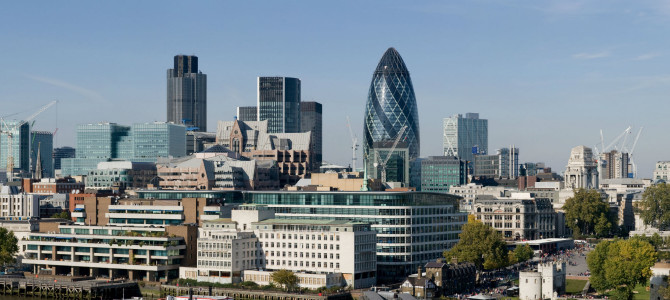A limited company is an organisation that you can set up to run your business. It is responsible in its own right for everything it does and its finances are separate to your personal finances that means that the company is liable for any debts.
Compare to sole traders, they are personally responsible for their business debts.
Any profit it makes is owned by the company, after it pays Corporation Tax. The company can then share its profits.
Every limited company has ‘members’, the people or organisations who own shares in the company.
Directors are responsible for running the company. Directors often own shares, but they don’t have to.
You must register the company with Companies House and let HM Revenue and Customs (HMRC) know when the company starts business activities.
Every financial year, the company must:
• Put together statutory accounts
• Send Companies House an annual return
• Send HMRC a Company Tax Return
• The company must register for VAT if you expect its takings to be more than £81,000 a year




